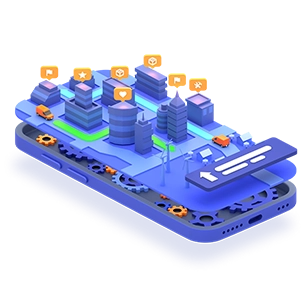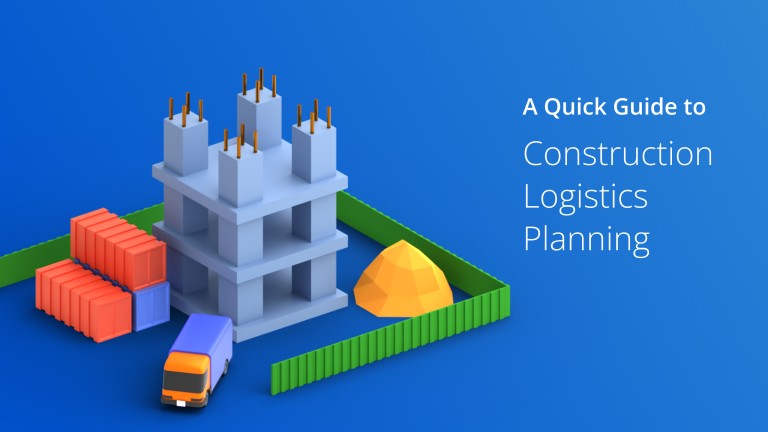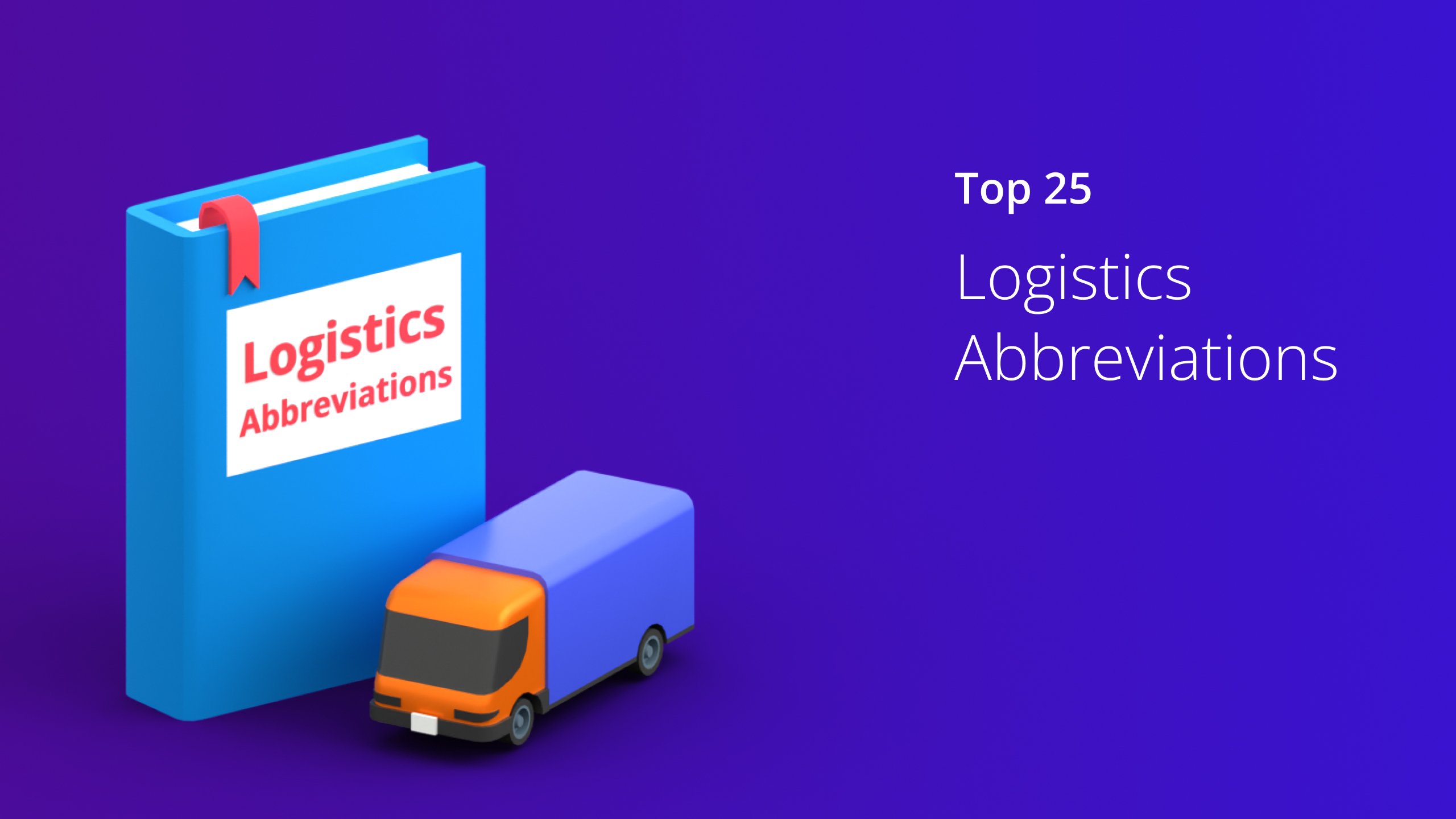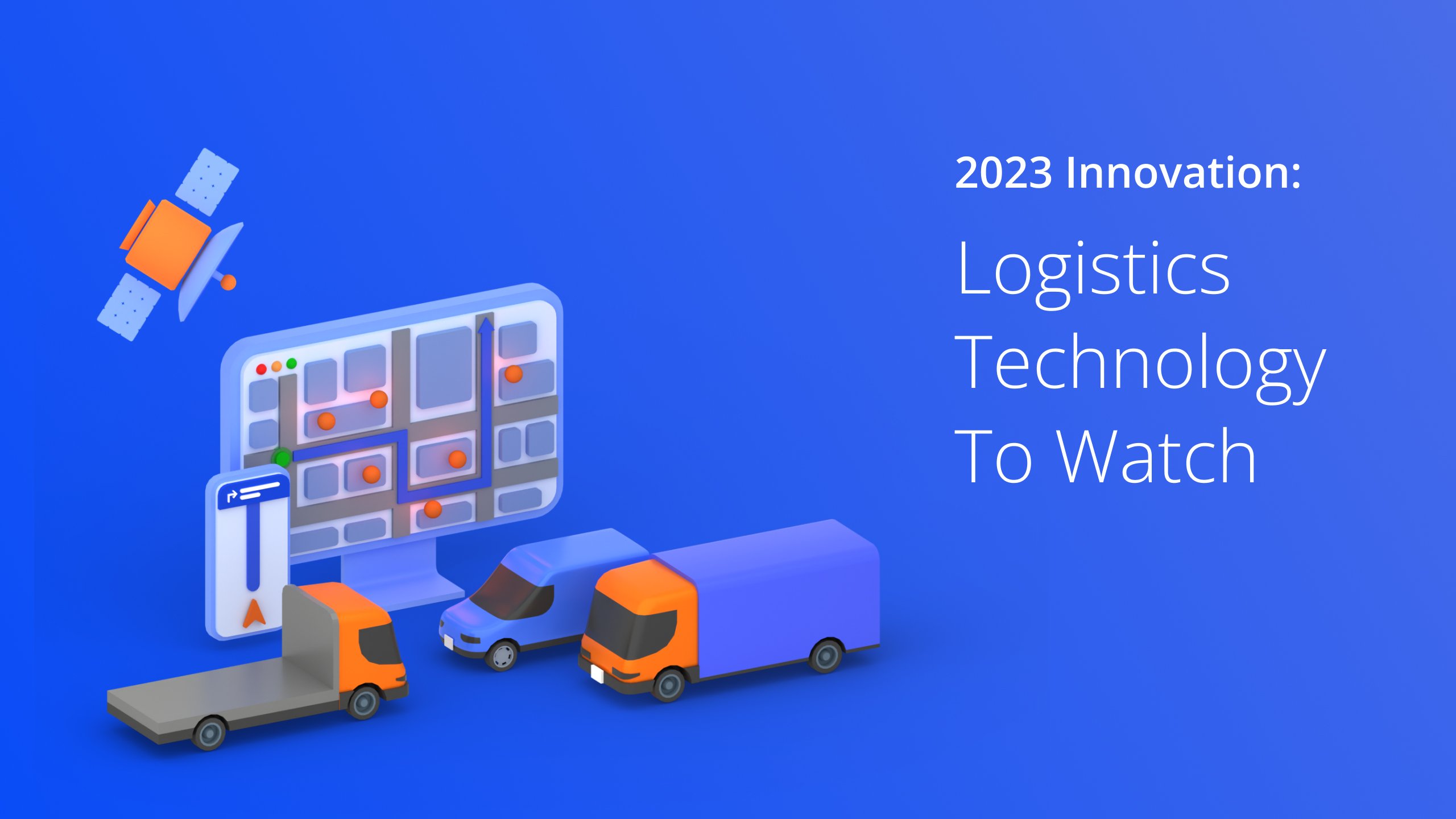On average, you will need at least 26 workers to finish a residential unit construction project in the U.S. in 3-4 months.
That means if you pay them $10 per hour, you are spending $2080 per day. Spending 2 grand a day is not ideal, so all the resources required for the business must be carefully planned.
Construction logistics planning is for those who want to manage all the people and resources effectively. If you want to learn how to do this, check out what we’ve prepared for you.
Table of Contents
What’s Logistics Planning In Construction?
A construction logistics plan is a process that manages specifically the crew members, transportation, materials, and equipment on a construction site.
Simply put, logistics planning aims to solve construction problems that require complex logistics solutions.
Its goal is to ensure that construction processes follow through smoothly and that all materials and equipment are handled properly.
Want To See For Yourself How Route4Me Can Help Make Construction Logistics Planning and Management Efficient?

Why Is It Important?
Without logistics planning, construction sites will be in chaos. Construction managers will have a hard time managing everything all at once.
If the construction phase is not planned well, there might be a chance of a successful construction project, but many industry standards will be compromised.
6 Factors To Consider In Construction Logistics Planning
1. Project Scope & Timeline
Finishing construction projects on time is one of the most crucial parts of construction logistics planning.
You must consider how many months are needed to finish a single construction project so that you can also start planning the logistics of all expenses.
2. Site Access & Restrictions
The contractors involved in the construction project should ensure that every workforce involved complies with the construction project’s terms and conditions.
Part of the logistics plans is to ensure the safety of every person inside the construction site. This is done by putting security cameras, gate access, and site security guards.
3. Material Handling & Storage
Logistics services include proper materials and equipment storage. The material storage ensures that the construction materials and other resources will not degrade over time.
Through proper inventory management, properly handling construction materials will significantly reduce problems during the construction phase.
4. Traffic Management
If you’ve seen a construction site, you probably saw tons of construction equipment unloaded by construction trucks.
Construction logistics plans include proper commercial vehicle routing and setting up a delivery schedule to prevent unwanted traffic patterns.
Multi-Stop Route Planner App

5. Workforce Management
Construction logistics managers are also responsible for the workforce training and safety requirements that every worker needs.
They also ensure that emergency meeting areas are designated for meetings if a quality control problem arises.
6. Environmental Considerations
Multiple other regulations, not to mention quality control, need to be met by the logistics manager, including waste management.
This part of the project involves procuring necessary waste management equipment and containers to mitigate the environmental impact of chemicals on the site.
Noise levels are also a critical part of this consideration as some sites require building with less noise to the surrounding forest or communities.
Best Practices In Construction Logistics Planning
Collaboration With Stakeholders
Having good relationships with your construction companies is a great practice you must develop for future business development.
Much of your construction site logistics planning will include collaboration with your stakeholder’s construction business.
Use Of Technology For Data Collection & Analysis
Today, stakeholders want real-time data collection and analysis. Managing logistical services with the help of AI and software is an efficient way of running your business.
Construction logistics includes much data collection and analysis to the point that fast manual procurement of accurate data is almost impossible.
Continuous Monitoring & Improvement
Part of a construction logistics plan is to continually ensure the safety of your workers, open access to information, and good transportation planning.
A lot of construction logistics operates with a manager that can handle the construction industry with fewer errors and waste of materials.
You can only do this if you can multitask and analyze the situation quickly and efficiently on-site.
Environmental Sustainability
Sometimes, the project will require you to change your logistics plan. Environmental issues and other critical elements of sustainability will be one of your challenges.
Before accepting an offer, you must look for appropriate locations, a good physical environment, off-site storage, and good transportation routes.
Site logistics planning can be challenging, especially when the on-site problems include sustainability.
Risk Management
Practicing proper risk management will save you from many problems regarding workers and safety requirements in your construction project.
Projects requiring toxic materials and heavy equipment are easy to handle but can be challenging in a complex construction location.
Sometimes, other equipment, like tower cranes, can malfunction during the project-making phase because of a risk to the support’s stability.
These are only some of the possible scenarios in which your risk management skills in logistics planning will undoubtedly pay off.
After all, it’s always better to be prepared and have a plan in case something unexpected happens.
Frequently Asked Questions (FAQs) about Construction Logistics
What are the steps of logistics planning?
How do you create a site logistics plan?
In Summary
Now that you know how to make a construction logistics plan, do you think you have the guts to lead your team?
If you need a truck routing app for any location, invest in trusted, proven, and reliable route optimization software like Route4Me.
We offer a Get Started with real-time updates, which you can use for your construction site logistics, fleet management, and other business-related needs.
Create your construction logistics plan now, and start managing your construction businesses, workers, and fleet.
Want To See For Yourself How Route4Me Can Help Make Construction Logistics Planning and Management Efficient?








